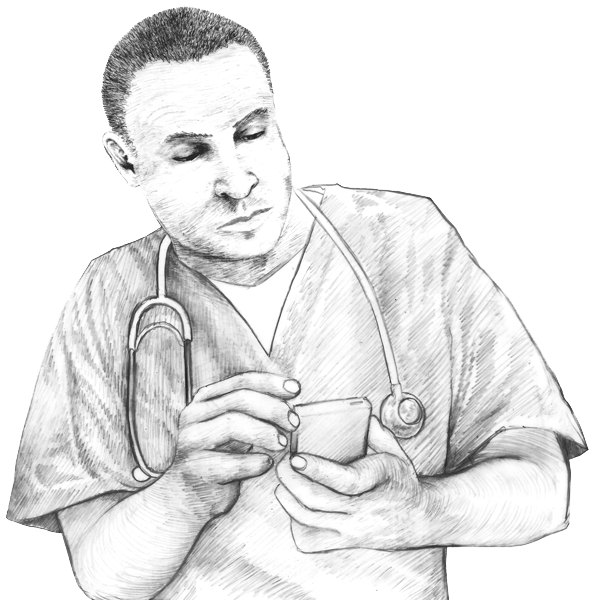In his ground-breaking 2009 bestseller The Checklist Manifesto, Dr. Atul Gawande observed that healthcare, like so many modern professions, has grown too complex to do reliably without cognitive support, that is, checklists. In an NPR story the following year, journalist Fred Field quotes Gawande:
 |
Our great struggle in medicine these days is not just with ignorance and uncertainty, it's also with complexity: how much you have to make sure you have in your head and think about. There are a thousand ways things can go wrong… We miss stuff. We are inconsistent and unreliable because of the complexity of care. |
Gawande's solution, adapted from aviation, is to tame complexity with checklists. Safely operating modern aircraft would be impossible without help to remember the myriad details of that work. Surgery is no different, he says, and he has the stats to prove it: surgeons who use checklists get consistently better outcomes.
 |
Nursing is no different. On a typical shift in a hospital nursing unit, a nurse performs hundreds of discrete tasks, remembering to do them with little help from extrinsic systems. In modern hospital settings, patients today are sicker than in the past, and their treatments and care are more complex. Some electronic medical records (EMRs) provide limited nursing task to-do lists, but...
|
EMRs serve a different purpose: to record and track information about the patient and his care; thus they are by their nature patient-centric. What's needed is a tool that is nurse-centric.
Nurses exhibit impressive creativity to overcome the memory challenges of their work, inventing for themselves a remarkable variety of "brains" -- memory sheets termed personally created cognitive artifacts (PCCATs) by Dr. Sharon McLane at the University of Texas in her 2009 doctoral thesis.
Research by Dr. Beatrice Kalisch at the University of Michigan on the phenomenon she terms missed nursing care reveals that cognitive burden -- so much to remember! -- is a contributing factor to omissions that can be detrimental to outcomes.
The conclusion is that there is a shortage of nurse-centric tools. One of these should be a checklist. Surgery and aviation are complex and have benefited from the cognitive support that checklists provide. Nursing, too, is and can. Checklists for nurses are a concept whose time has come.
